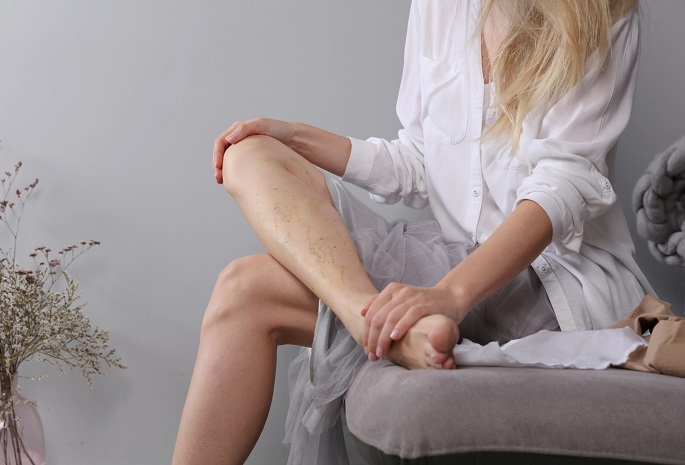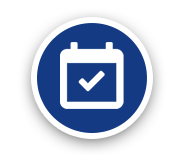Varicose veins are enlarged, blue veins. They can appear anywhere in your body. But they usually show up on your legs.
In many cases, varicose veins don’t cause problems—you just may not like how they look. However, if these bulging veins cause discomfort and pain, you’ll need medical care. Spider veins are a milder type of varicose veins. They don’t bulge out. Instead, they’re closer to your skin’s surface and look like webs on your legs.
The cardiovascular experts at Emory Heart & Vascular have the expertise to treat your varicose and spider veins, providing relief of your symptoms. We’re dedicated to improving your quality of life and helping you get back to the activities you enjoy most.





